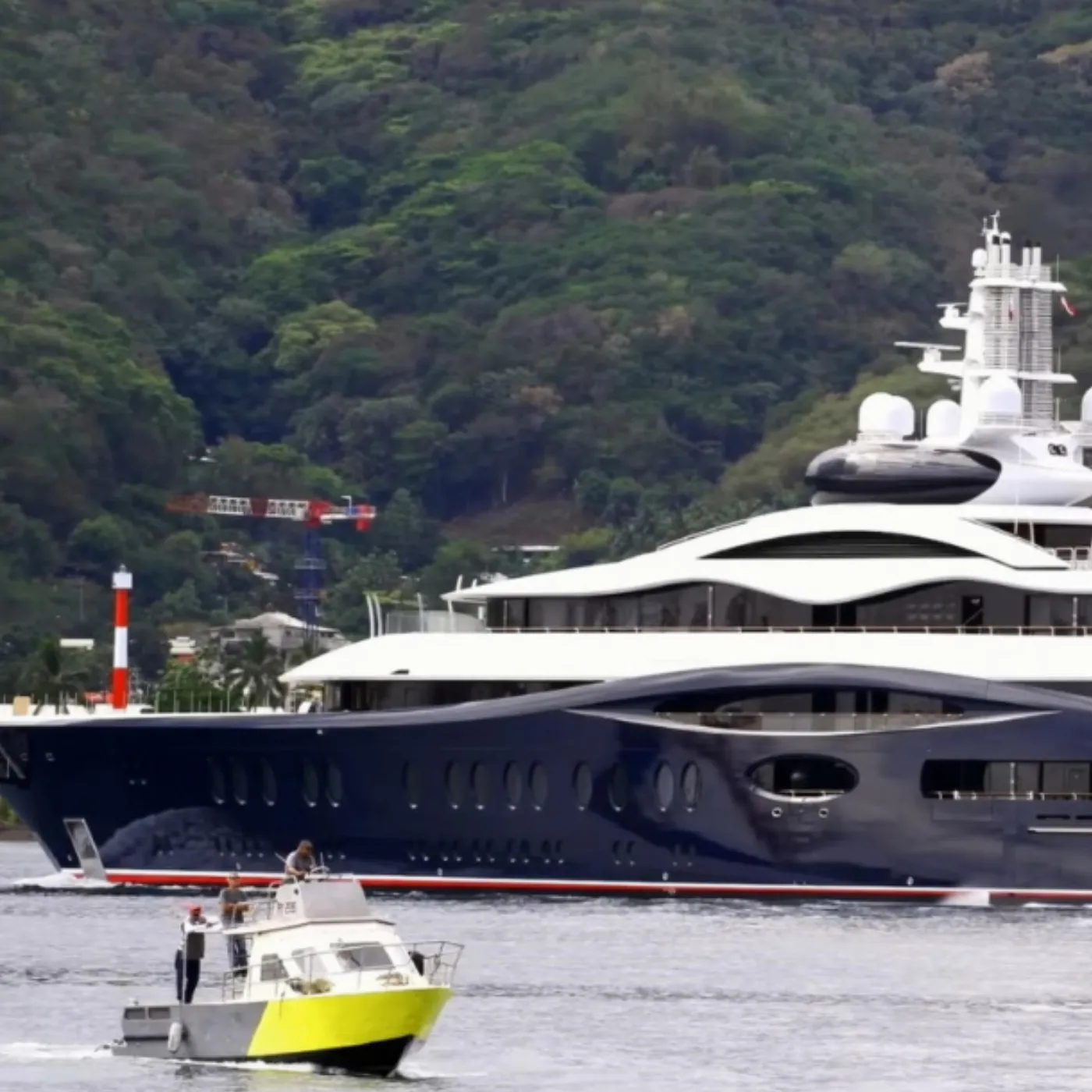Mark Zuckerberg is Destroying the Earth at a Terrifying Speed from His Yacht
In an era where environmental sustainability is more crucial than ever, Mark Zuckerberg, the CEO of Meta, finds himself at the center of controversy. While his companies, Facebook and Instagram, boast eco-friendly data centers and corporate initiatives, his personal lifestyle—specifically, his excessive use of yachts—paints a very different picture. In just 10 months, Zuckerberg’s yachts consumed over 1,064,747 liters of fuel, raising questions about the environmental impact of his actions.

The Yacht That Burns Through the Planet
Yachts are often seen as the ultimate symbol of luxury, but they come with an extraordinary environmental cost. On average, a superyacht can consume 500 liters of fuel per hour. When extrapolated over months of frequent use, the environmental damage becomes
staggering. Fuel consumption at this scale contributes significantly to greenhouse gas emissions, accelerating global warming and the climate crisis.
Mark Zuckerberg’s yacht usage is a glaring contradiction to his public stance on environmentalism. Meta has invested heavily in renewable energy, claiming its data centers are carbon neutral. However, the carbon footprint of his yachts dwarfs these efforts, highlighting a
double standard between corporate and personal responsibility.

The Cost of Excessive Fuel Consumption
Burning 1,064,747 liters of fuel in under a year isn’t just a statistic—it’s a global concern. Each liter of diesel fuel burned emits approximately 2.68 kilograms of CO₂. This means Zuckerberg’s yachts may have released over 2.85 million kilograms of CO₂ into the atmosphere in
less than a year. To put this into perspective, this is equivalent to the annual emissions of hundreds of average cars or thousands of long-haul flights.
These emissions contribute directly to rising sea levels, extreme weather conditions, and the loss of biodiversity. Ironically, the very oceans Zuckerberg’s yachts cruise on are being destroyed by the emissions they produce.
Greenwashing or Genuine Efforts?
Meta’s environmental initiatives focus on reducing energy use, utilizing solar power, and offsetting carbon emissions. While these corporate efforts are commendable, they are overshadowed by Zuckerberg’s private actions. Critics argue that this is an example of greenwashing—projecting an environmentally friendly image while failing to practice it in personal life.
This hypocrisy has sparked widespread backlash. Environmental advocates are calling for billionaires like Zuckerberg to take accountability not only for their businesses but also for their personal lifestyles.
What Needs to Change
To address these glaring contradictions, it’s essential for billionaires like Mark Zuckerberg to lead by example. Opting for environmentally friendly alternatives, such as electric or hybrid yachts, can significantly reduce fuel consumption and emissions. Additionally, compensating for carbon footprints through verified carbon offset programs could be a step in the right direction.

Zuckerberg, as a global influencer, has the power to set a precedent for responsible luxury. By aligning his personal choices with his company’s values, he could turn criticism into a powerful statement for change.
Mark Zuckerberg’s excessive yacht usage is a stark reminder of how individual actions can undermine even the most ambitious corporate sustainability goals. While Meta’s eco-friendly initiatives are commendable, they lose credibility in the face of such personal environmental negligence. As climate change accelerates, the world needs leaders who practice what they preach—not just in the boardroom but also in their private lives. The question remains: will Zuckerberg take accountability and make a change, or will his yachts continue to burn through the planet’s resources at a terrifying speed?



